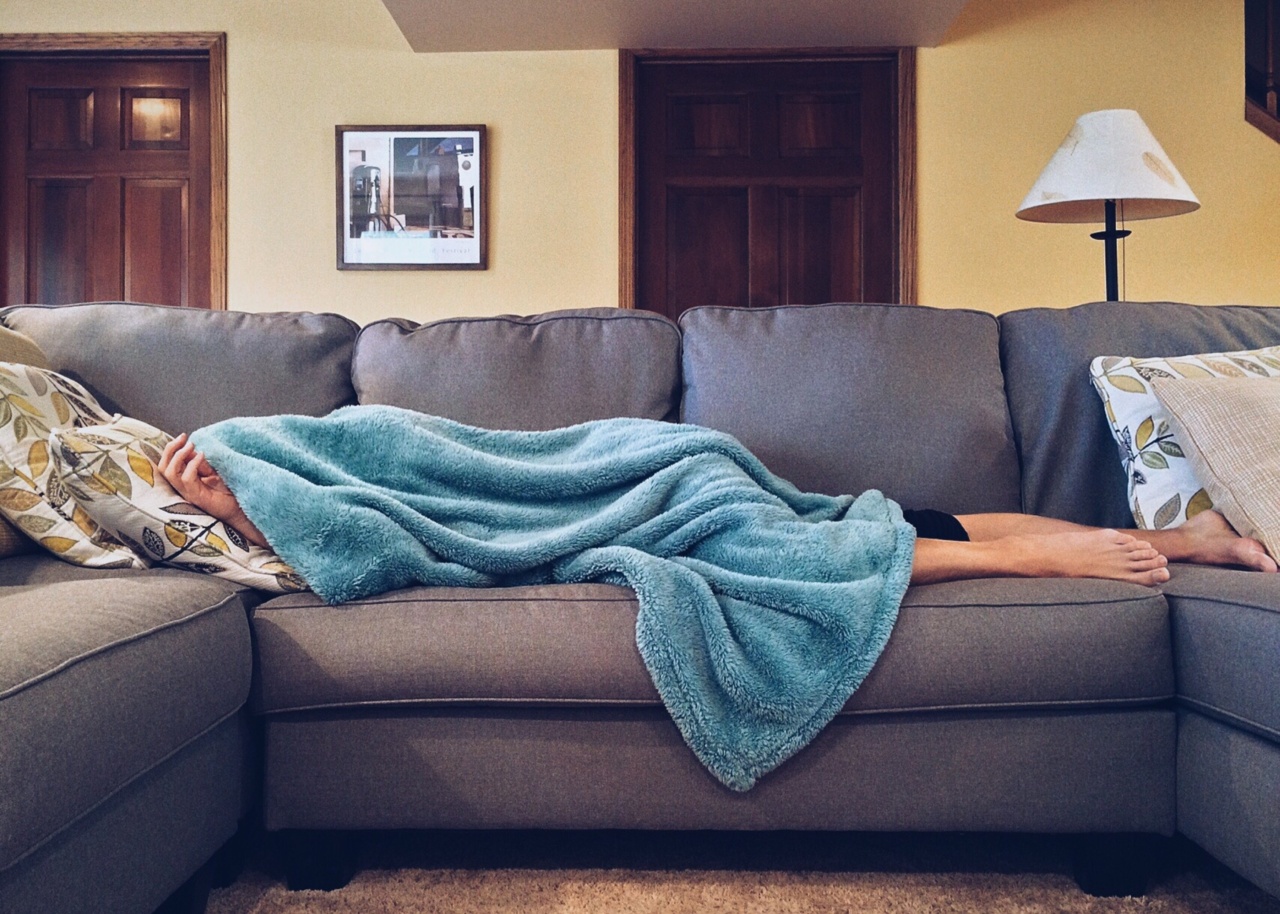Diabetes is a chronic disease that affects millions of people around the world. It occurs when your body is unable to regulate the amount of sugar (glucose) in your blood.
The main cause of diabetes is insulin resistance, which occurs when your body does not respond properly to insulin, a hormone that helps regulate blood glucose levels.
For people with diabetes, managing their blood glucose levels is essential for their health. A low-carb diet is a way of eating that can help people with diabetes manage their condition, while also promoting a longer and healthier life.
What is a Low-Carb Diet?
A low-carb diet is a way of eating that emphasizes the consumption of foods that are low in carbohydrates and high in fat and protein.
The goal of a low-carb diet is to reduce the amount of glucose in your blood, which can help improve insulin sensitivity and reduce the risk of developing diabetes complications.
The amount of carbohydrates recommended for a low-carb diet can vary depending on the individual’s goals and needs. Some people may opt for a very low-carb diet, consuming only 20-50 grams of carbohydrates per day.
Others may aim for a moderate low-carb diet, consuming 50-100 grams of carbohydrates per day.
Benefits of a Low-Carb Diet for People with Diabetes
There are several benefits of a low-carb diet for people with diabetes:.
1. Better Blood Glucose Control
A low-carb diet can help people with diabetes better control their blood glucose levels. When you eat carbohydrates, your body breaks them down into glucose, which enters your bloodstream and raises your blood sugar levels.
By reducing the amount of carbohydrates you eat, you can reduce the amount of glucose in your blood and improve your blood glucose control.
2. Reduced Insulin Resistance
A low-carb diet can also help reduce insulin resistance, which is a key contributor to the development of type 2 diabetes.
Insulin resistance occurs when your cells become resistant to the effects of insulin, and your body has to produce more and more insulin to keep your blood glucose levels in check. By reducing carbohydrate intake, you can reduce insulin resistance and improve your body’s ability to use insulin.
3. Weight Loss
A low-carb diet can also help people with diabetes lose weight, which can further improve blood glucose control and insulin sensitivity. When you eat fewer carbohydrates, your body starts to burn fat for energy instead of glucose.
This can help reduce body fat and lead to weight loss.
4. Lower Risk of Complications
By improving blood glucose control and reducing insulin resistance, a low-carb diet can help reduce the risk of diabetes complications such as heart disease, kidney disease, and neuropathy.
What to Eat on a Low-Carb Diet
When following a low-carb diet, it’s important to focus on foods that are high in fat and protein, and low in carbohydrates. Here are some examples of foods to include:.
1. Meat, Fish, and Poultry
Meats, fish, and poultry are all excellent sources of protein and fat, and are naturally low in carbohydrates. Choose fatty cuts of meat and fish to get the most benefit.
2. Low-Carb Vegetables
Vegetables are an important part of any healthy diet, and can also be a great source of fiber and nutrients. Some low-carb vegetables that are suitable for a low-carb diet include spinach, kale, broccoli, cauliflower, and zucchini.
3. Healthy Fats
Eating healthy fats is an important part of a low-carb diet. Some healthy fats to include are olive oil, coconut oil, avocado, and nuts and seeds such as almonds and chia seeds.
4. Dairy Products
Dairy products such as cheese and yogurt can also be included in a low-carb diet. Just be sure to choose full-fat options that are low in sugar.
What to Avoid on a Low-Carb Diet
When following a low-carb diet, there are certain foods that should be avoided:.
1. Sugar
Sugar is high in carbohydrates and should be avoided on a low-carb diet. This includes table sugar, corn syrup, honey, and other sweeteners.
2. Grains
Grains such as wheat, rice, and oats are high in carbohydrates and should be avoided on a low-carb diet. This includes bread, pasta, and cereal.
3. Starchy Vegetables
Some vegetables such as potatoes, sweet potatoes, and corn are high in carbohydrates and should be avoided on a low-carb diet.
4. Sugary Drinks
Sugary drinks such as soda, juice, and sports drinks are high in carbohydrates and should be avoided on a low-carb diet.
Tips for Following a Low-Carb Diet
Here are some tips to help you follow a low-carb diet:.
1. Meal Planning
Plan your meals ahead of time to ensure that you are getting all of the nutrients you need, while also staying within your carbohydrate goals.
2. Choose Whole Foods
Focus on eating whole foods that are minimally processed, such as vegetables, meats, and eggs.
3. Read Labels
Read food labels carefully to ensure that you are not consuming hidden sources of carbohydrates.
4. Stay Hydrated
Drink plenty of water to stay hydrated and help flush out toxins from your body.
5. Keep Healthy Snacks on Hand
When hunger strikes, keep healthy snacks on hand such as nuts, cheese, and hard-boiled eggs.
6. Be Patient
It can take time to adjust to a low-carb diet, so be patient with yourself and don’t give up.
Conclusion
Low-carb living is a great way for people with diabetes to manage their condition, while also promoting a longer and healthier life.
By reducing carbohydrate intake, you can improve blood glucose control, reduce insulin resistance, and lower the risk of complications. Follow the tips outlined in this article to get started on your low-carb journey today.

























